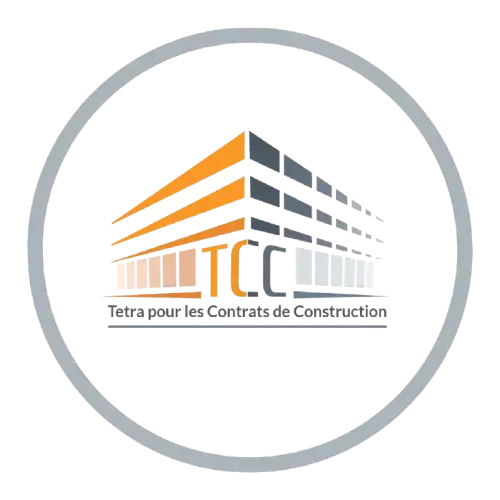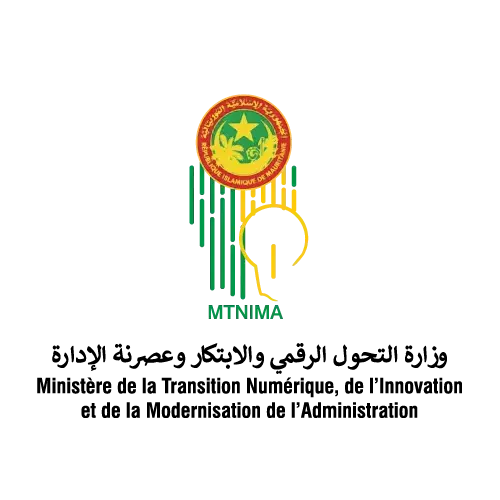In the following paragraphs, we present a success story related to the implementation of the Odoo ERP for:
The Ministry of Digital Transformation, Innovation, and Modernization of the Administration (MTNIMA) – in Mauritania
Pain Points:
The Ministry of Digital Transformation (MTNIMA) faces numerous issues and challenges in its mission to modernize and digitize the public administration. As a result, the management was driven to seek new methods and approaches to solve the following problems:
- Too many applications, information systems, and technologies, making their maintenance nearly impossible.
- Lack of integration among this array of applications to maximize their benefits.
- Slow ICT project implementation, reducing the chances of quick success and achievements.
- High project costs.
- Rigid and cumbersome procedures.
Approach to Solve the Problems
The adopted approach was to hire a consultant to assist an internal technical committee in carrying out the following actions:
- Choose an appropriate integrated system (ERP/GRP) that is scalable, cost-effective, capable of quickly automating administrative and financial tasks, and usable across all public administrations.
After comparing several platforms and exploring many options, Odoo was selected for several reasons, including:
- Very fast implementation time.
- Affordable installation cost.
- Open-source software.
- Customization possibilities.
- Simplicity and user-friendliness.
- Modularity and integration.
- Support from a large community.
- Technical evolution.
- Extensibility through a development environment.
- Flexible hosting model.
Implementation
After several demonstrations and discussions with the local partner and Odoo Middle East, an implementation plan following the Odoo Implementation Method (OIM) was approved. As a result, several modules were implemented, including:
- Phase 1: Human resources modules (employees, attendance, evaluation & leave), project management, managerial accounting, and budget management.
- Phase 2: Approvals, purchases, inventory, signatures, and barcodes.
- Phase 3: Advanced project management, dashboards, and human resources.
The services provided by the local partner (ABC) included several aspects:
- Implementation
- Development
- Data Migration
- Hosting
- Training
- Ongoing Support and Maintenance
- Process Improvement
Results and Achievements:
The MOUSSEYIR platform has been in use since mid-February 2023 without any issues. Currently, the results are very significant, including:
- The ministry has eliminated many applications, reducing costs and maintenance.
- 360-degree visibility.
- Clear achievements.
- Users are informed in real-time.
- Easy to know who did what and who needs to do what.
- Complete integration of the different modules.
The top three management levels use MOUSSEYIR for a large portion of daily tasks.
Implementation phases are short (45-60 days). Processes have been improved based on best practices and the platform's features. The implementation cost is very low compared to other ERPs.
Next Steps
In the coming months, new implementations in both the public and private sectors are planned based on this platform.

